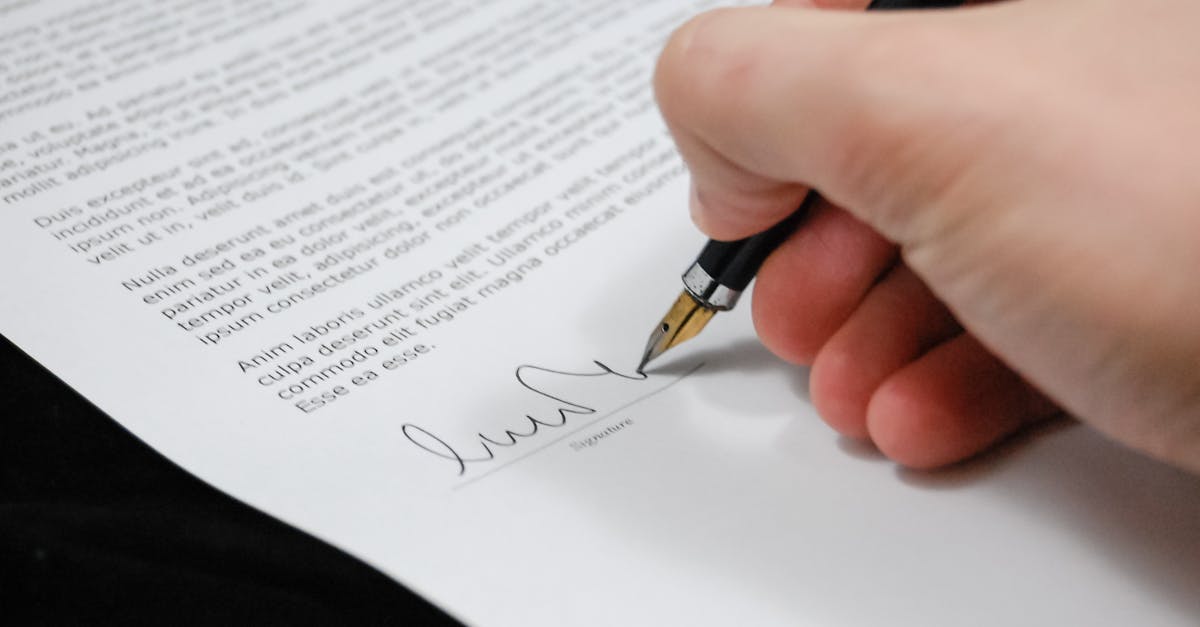
International Intellectual Property Treaties
International Intellectual Property Treaties play a crucial role in enforcing intellectual property rights on a global scale. These treaties provide a framework for countries to collaborate and set standards for the protection of intellectual property. For businesses and individuals seeking Intellectual Property Protection near me, adherence to these international agreements is essential for safeguarding their creations and innovations across borders. The significance of these treaties lies in their ability to harmonize laws and procedures related to copyrights, trademarks, patents, and other forms of intellectual property, ensuring a more consistent and predictable environment for creators and innovators worldwide.
As countries become increasingly interconnected through trade and innovation, the adherence to International Intellectual Property Treaties becomes paramount for maintaining trust and reciprocity among nations. By ratifying these treaties, countries commit to upholding the rights of creators and inventors, fostering creativity, and incentivizing innovation on a global scale. For individuals and businesses navigating the complexities of intellectual property rights, understanding the implications of these international agreements can provide a roadmap for leveraging their creations while mitigating risks associated with unauthorized use or infringement. Intellectual Property Protection near me hinges on the enforcement and mutual recognition of rights established through these treaties, underscoring the importance of international cooperation in safeguarding intellectual property in an ever-evolving digital landscape.
Compliance and Benefits
Compliance with international intellectual property treaties brings numerous benefits to individuals and businesses alike. By adhering to these agreements, companies can ensure the protection of their creations and inventions on a global scale. This compliance not only enhances the safeguarding of intellectual property but also fosters innovation and creativity in various industries. Seeking guidance on Intellectual Property Protection near me can streamline the process and provide valuable insights into the intricacies of international regulations.
Furthermore, compliance offers a competitive advantage by enabling businesses to position themselves as reputable and trustworthy entities. Upholding intellectual property rights not only deters infringement but also establishes credibility in the market. Through compliance with international treaties, entities can leverage their intellectual assets to generate revenue and solidify their market presence. Seeking expert advice on Intellectual Property Protection near me can assist firms in navigating the complexities of global intellectual property laws and maximize the benefits of treaty compliance.
Licensing Intellectual Property
When exploring the realm of intellectual property protection, licensing intellectual property is a fundamental aspect. This process involves the granting of permission by the owner of the intellectual property to another party for the use of their creations, such as patents, trademarks, or copyrights. Licensing arrangements serve as a pivotal strategy for disseminating intellectual property while enabling the owner to retain ownership rights. Whether you are a creator seeking to monetize your innovations or a business looking to enhance your offerings, understanding the intricacies of licensing intellectual property is crucial for navigating the landscape of Intellectual Property Protection near me.
In the realm of licensing intellectual property, the agreement components play a pivotal role in outlining the terms and conditions of the arrangement between the licensor and licensee. These components typically encompass details regarding the scope of the license, permitted uses, restrictions, duration, royalties, and termination clauses. By delineating these aspects clearly within the licensing agreement, both parties can establish a mutual understanding of their rights and obligations. Securing a well-crafted licensing agreement is essential for safeguarding the interests of all parties involved and ensuring compliance with the regulations governing Intellectual Property Protection near me.
Agreement Components
Agreement components play a vital role in ensuring effective intellectual property protection near me. These components outline the terms and conditions that both parties must adhere to regarding the use and protection of the intellectual property being licensed. By clearly defining the rights and responsibilities of each party, agreement components help minimize disputes and legal issues that may arise in the future.
When drafting agreement components for licensing intellectual property, it is essential to specify details such as the scope of the license, any restrictions on usage, and the duration of the agreement. Additionally, outlining provisions for confidentiality, indemnification, and dispute resolution can further safeguard the interests of both parties involved. Intellectual property protection near me hinges on the clarity and precision of these agreement components, ensuring that all parties are aware of their obligations and rights concerning the intellectual property in question.
Intellectual Property Litigation
Intellectual property litigation is a crucial component in ensuring the protection of intellectual property rights. In a rapidly evolving digital landscape, businesses and individuals must be vigilant in safeguarding their creations from infringement. Those seeking Intellectual Property Protection near me may turn to litigation as a means of enforcing their rights and seeking remedies for unauthorized use or reproduction of their intellectual property.
When engaging in intellectual property litigation, it is essential to understand the court procedures involved. From filing a complaint to presenting evidence in court, each step plays a vital role in building a strong case for intellectual property protection. Additionally, navigating the complexities of intellectual property litigation requires expertise in the field to effectively advocate for the rights of the intellectual property holder.
Court Procedures
Court procedures are an essential aspect of intellectual property protection near me. Once a case reaches the litigation stage, it is crucial to understand the steps involved. The process typically begins with the filing of a complaint by the party alleging infringement. The defendant then has the opportunity to respond to the allegations, usually within a specified timeframe set by the court. Subsequent to these initial pleadings, the discovery phase commences, during which both parties gather evidence to support their claims.
Following the discovery process, the case may proceed to trial where a judge or jury will make a decision based on the presented evidence. Throughout these court procedures, it is important for both parties to be represented by knowledgeable legal counsel who can navigate the complexities of intellectual property law. Adhering to the prescribed court procedures is essential for ensuring a fair resolution in cases involving intellectual property protection near me.
FAQS
What is the purpose of international intellectual property treaties?
International intellectual property treaties aim to establish consistent standards and regulations for the protection of intellectual property rights across different countries.
How does licensing intellectual property work?
Licensing intellectual property involves granting permission to another party to use a specific intellectual property asset, such as a patent, trademark, or copyright, in exchange for agreed-upon terms and conditions.
What is intellectual property litigation?
Intellectual property litigation refers to legal disputes and court proceedings related to the infringement, misappropriation, or unauthorized use of intellectual property rights.
What are some key components of intellectual property licensing agreements?
Some key components of intellectual property licensing agreements include the scope of the license, terms of use, payment arrangements, confidentiality provisions, and dispute resolution mechanisms.
How are court procedures typically involved in intellectual property litigation?
Court procedures in intellectual property litigation may involve filing a complaint, discovery of evidence, pretrial motions, trial proceedings, and the issuance of a judgment or ruling by the court.




